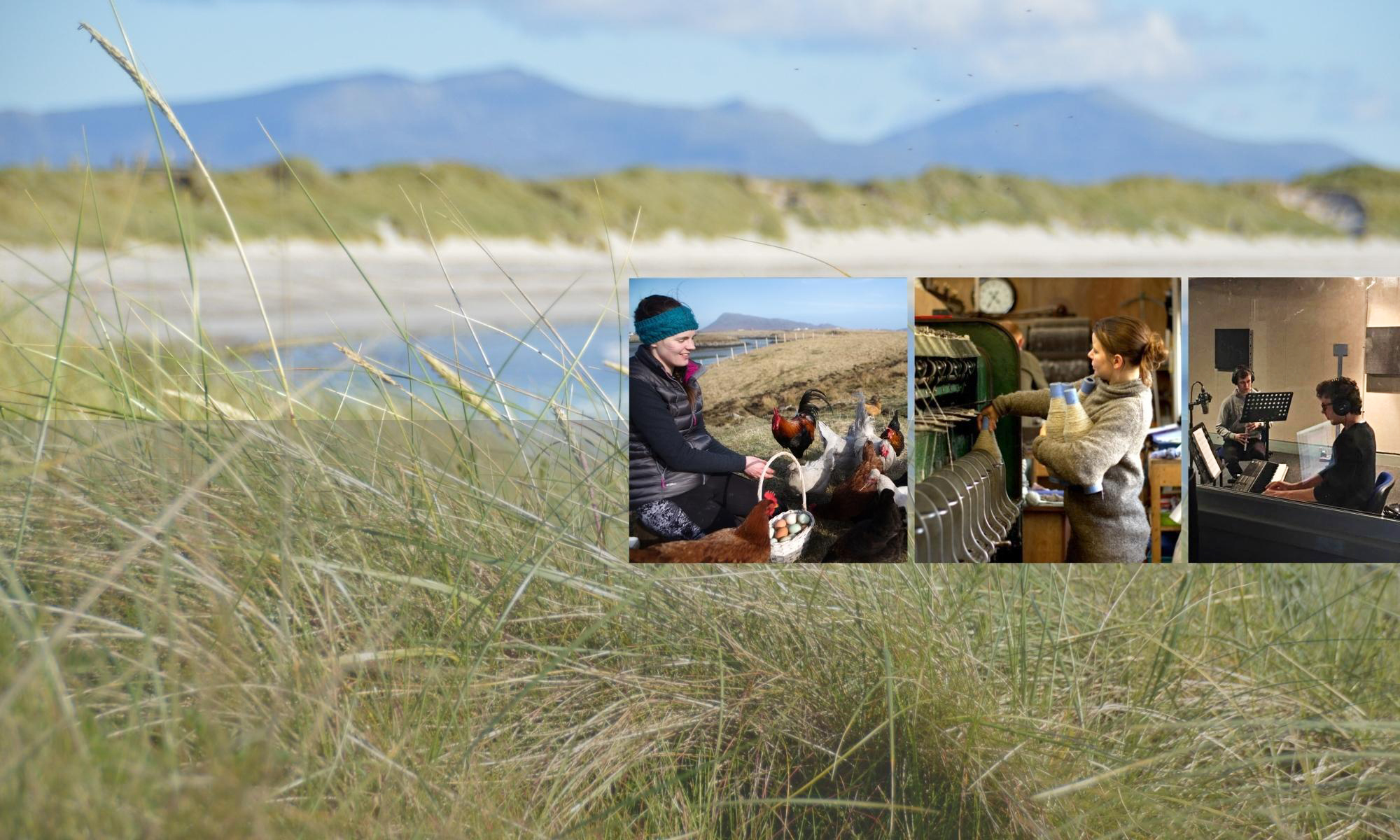This project, from November 2023 to May 2024, focused on community action in Uist and the Glenkens. It sought to advance community initiatives in response to four main Scottish Government priorities – child poverty, sustainable local food, a Just Transition, and youth – within the challenges posed by the cost of living crisis in rural and island communities. Additionally, it strove to showcase and communicate diverse community actions addressing government priorities in an island and a rural setting.

The project supported six community actions, including with a small amount of funding for each, delivered by Community Energy Scotland, Cothrom, Tagsa Uibhist and Uist Beò in Uist, and by Bairn Banter and the Galloway Food Hub in Glenkens. They included:
- Launching a Parents at work Programme
- Purchasing a trailer to take pre-school play and outdoor learning opportunities around the Glenkens
- Engaging with young people at school and post-school
- Enhancing local food developments
- Trialling subsidised deliveries and free food boxes of local, organic and healthy foods
- Exploring engaging with ethnic minorities in an island context

The project led to six inspiring casestudies, demonstrating how much community action can deliver towards high priority policy goals, as well as six blogposts and a report bringing together key insights and 10 recommendations (see here).
The six casestudies:
- Bairn Banter
- Community Action in the Glenkens
- The Galloway Food Hub
- Growing Local Food in Uist (Tagsa Uibhist)
- Uist Beò
- Cothrom

The six blogposts on CoDeL’s website, from March to May 2024:
- The Glenkens
- From local food in Glenkens and Uist to global markets
- Uist Beò: Come Home to Uist
- Bairn Banter: A community playgroup investing in the demographic future of the area
- Leading an inspirational community enterprise (Cothrom)
- Engaging Minority Voices in a Just Transition: Reflections on different approaches within an island context
A draft report on Engaging Minority Voices in Community Strategies for a Just Transition has also been drawn up, based on the work around inclusion and diversity coordinated by Community Energy Scotland and the Islands Centre for Net Zero. See the relevant blogpost for some of the key insights.
We thank all our partners, including the funder Scottish Rural Network, in this project.


